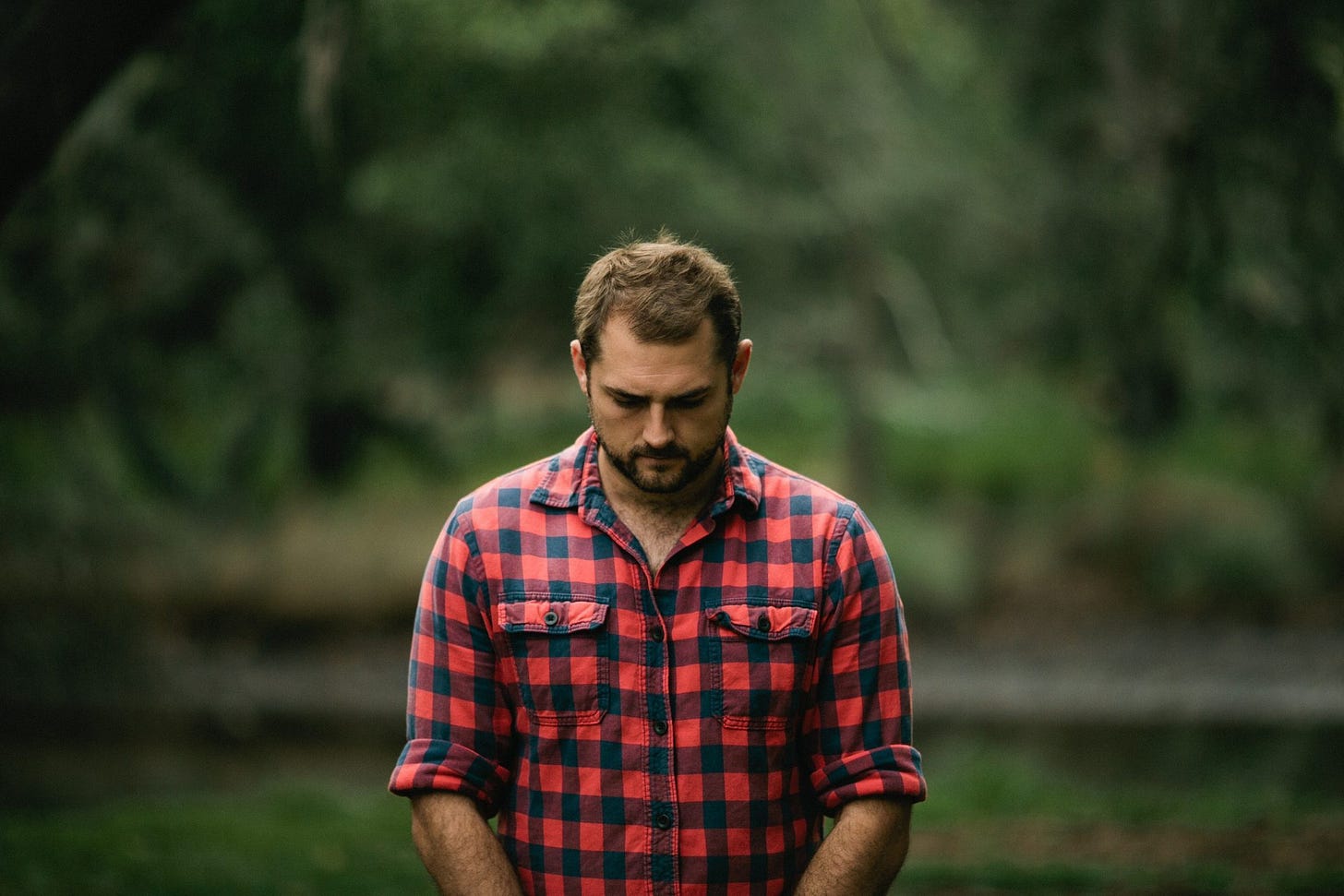When we understand that Jesus wants to build His Ekklesia, and its assignment is to penetrate the gates of Hades, it soon becomes clear that the primary way to legislate is through prayer. Prayer must become the number one functional identity of the Ekklesia. Personal and corporate prayers are the lifeblood and backbone of the Ekklesia. We take the authority that Christ has given us and access and legislate Heaven to earth.
Church Prayer Meetings
Our prayer meetings are weak because we are misinformed about our assignment. If we believe that the measure of “church” success is attendance, and the number one priority of the “church” is what goes on INSIDE its walls, then our prayer lives become self-centered, our focus grows inward, and our lives grow apathetic towards the Lord and His Kingdom.
Our current understanding of the “church” has cut the legs off our need and urgency to pray. There is little “focus” or “fight” within its current definition. Most are “bored” because we are focused largely on a pastoral rather than an apostolic mandate.
The Ekklesia and Prayer
The Ekklesia cannot survive without prayer. The commission to legislate and assault the gates of Hades starts and ends with prayer since our battle is not with flesh or blood but against principalities and powers.
When we really “get” the revelation about Christ’s Ekklesia, prayer is no longer an option but a necessity. The Sunday morning service is no longer a “church meeting” but an “Ekklesia gathering.”
The apostles knew this. When Jesus said, I will build my “Ekklesia,” they understood unquestionably what Jesus was saying and what they had been assigned to do.
Begin studying the Book of Acts, and you will see how the Ekklesia functioned. The baseline of the early Ekklesia was prayer, which released divine strategies, salvation, angelic visitations, and kingdom power. In a little over 1.5 years, 20% of the city became born-again. That’s revival! That’s transformation!
What if the revelation of the Ekklesia were to be discovered by the Body of Christ today? How would this change our lives, our churches, and our cities? What would the church actually look like? The results and implications are far-reaching!
So, Where Do We Go from Here?
Allow me to give you a few thoughts to consider as we move from “church” to “Ekklesia,” with prayer being our foundation.
1. Prayer must become the number-one functional identity of the church (Ekklesia).
Jesus calls His house a “House of Prayer” for all nations. Jesus lives to make intercession. Why? Because we are His Ekklesia. Prayer must become central for the Ekklesia to succeed.
2. We need to function as a bride who loves and an Ekklesia who rules.
“The people the Bride understand their rulership, not as a Bride, but because they are also the Ekklesia, and likewise, the Ekklesia understand the critical need for intimacy not as a function of their rulership, but because they are as the Bride.” 1
It takes a bride to love Jesus as he deserves, and it takes an Ekklesia to conquer Hades.
3. We need to look at the church as a gathering of people, living stones of the Ekklesia. These are the “called out” ones, those who govern from a place of intimacy to shift the atmosphere of cities and gain air supremacy while winning people to Jesus and moving with supernatural power.
4. We must take a fresh look at the Book of Acts and see how the Ekklesia functioned. Corporate prayer leading to the advancement of the Gospel and the expansion of the Kingdom.
5. We need to ask for the Spirit of wisdom and revelation according to Ephesians 1:17 in order to better understand Christ's Ekklesia, His ruling government on Earth.
The Ekklesia Carries the Heart of Its King
In The Barbarian Way, Erwin McManus recounts a compelling insight he gained into the history of the Douglas clan while visiting Scotland. The story begins with Robert the Bruce, the Scottish noble who famously betrayed William Wallace as immortalized by Mel Gibson in the movie Braveheart. Later, after Wallace’s execution, Robert the Bruce rose up to lead Scotland to freedom.
“Before his death in 1329, Robert requested that when he died, his heart would be removed and travel into battle with a worthy knight during the crusades. One of his closest friends, James Douglas, honored the request. The heart of Robert the Bruce was embalmed, placed in a small container, and carried around Douglas’s neck. In every battle he fought, Douglas literally carried the heart of his king into the fight. In a campaign against the Moors in Granada, Spain, Douglas was surrounded by enemies. Knowing his death was imminent, he took the heart of Robert the Bruce from around his neck and flung it into the midst of the enemy forces, shouting, ‘Fight for the heart of your king!’" 2
1-Dean Briggs - Ekklesia Rising pg. 178
2-Dean Briggs - Ekklesia Rising pg. 119


